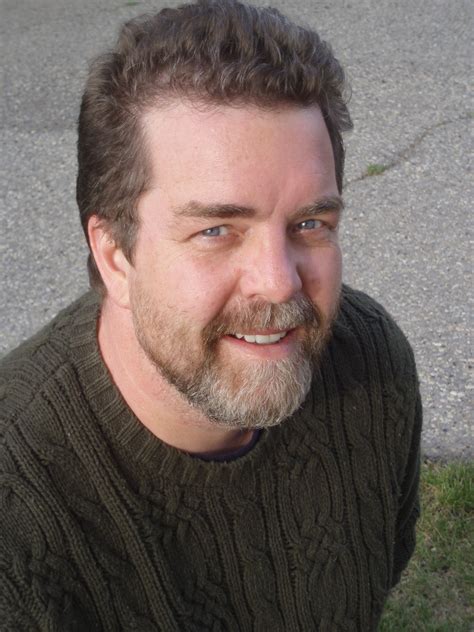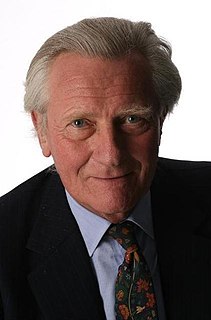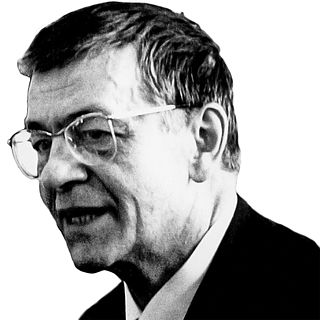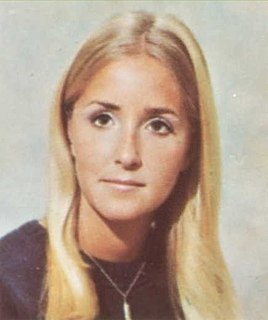A Quote by Virginia Woolf
Disastrous would have been the result if a fire or a death had suddenly demanded something heroic of human nature, but tragedies come in the hungry hours.
Related Quotes
Human nature, at its best, had always been based on a deep heroic restlessness, on wanting something-something else, something more, whether it be true love or a glimpse just beyond the horizon. It was the promise of happiness, not the attainment of it, that had driven the entire engine, the folly and glory of who we are.
The only thing that one really knows about human nature is that it changes. Change is the one quality we can predicate of it. The systems that fail are those that rely on the permanency of human nature, and not on its growth and development. The error of Louis XIV was that he thought human nature would always be the same. The result of his error was the French Revolution. It was an admirable result.
Peter was not with them for the moment, and they felt rather lonely up there by themselves. He could go so much faster than they that he would suddenly shoot out of sight, to have some adventure in which they had no share. He would come down laughing over something fearfully funny he had been saying to a star, but he had already forgotten what it was, or he would come up with mermaid scales still sticking to him, and yet not be able to to say for certain what had been happening. It was really rather irritating to children who had never seen a mermaid.
It has been explained to me that toys are packaged in shards, to be assembled by the middle-aged and butter-fingered, because this makes it easier for the shippers. ... If they had to spend hours and hours putting handlebars onto bicycles ... they would repent their ways and deliver something that looked like a rocking horse and not like the result of a small street accident.
I had been hungry all the years- My noon had come, to dine- I, trembling, drew the table near And touched the curious wine. 'Twas this on tables I had seen When turning, hungry, lone, I looked in windows, for the wealth I could not hope to own. I did not know the ample bread, 'Twas so unlike the crumb The birds and I had often shared In Nature's diningroom. The plenty hurt me, 'twas so new,-- Myself felt ill and odd, As berry of a mountain bush Transplanted to the road. Nor was I hungry; so I found That hunger was a way Of persons outside windows, The entering takes away.
I encountered a large temporary sign declaring Rough Road Ahead, and indeed it was. Had I not been warned, that experience would have been disastrous. Life is like that. It's full of rough spots. Some are tests to make us stronger. Others result from our own disobedience.... Each one of us encounters unique challenges meant for growth.
There are hundreds of millions who believe the Messiah has come. If he did, then it is unfortunately the case that his heroic sacrifice and death have had no effect whatsoever on the very problem his coming might have been expected to address, for history demonstrates, beyond question, that we Christians have been just as dangerous, singly and en masse, as non-Christians.
She was trying to say something else; she was trying to say that the inability to articulate what one feels in any satisfactory way is one of our enduring tragedies. It wouldn't have been much, and it wouldn't have been useful, but it would have been something that reflected the gravity and the sadness inside her. Instead, she had snapped at him for being a loser. It was as if she were trying to find a handhold on the boulder of her feelings, and had merely ended up with grit under her nails.
Wood heat is not new. It dates back to a day millions of years ago, when a group of cavemen were sitting around, watching dinosaurs rot. Suddenly, lightning struck a nearby log and set it on fire. One of the cavemen stared at the fire for a few minutes, then said: Hey! Wood heat! The other cavemen, who did not understand English, immediately beat him to death with stones. But the key discovery had been made, and from that day forward, the cavemen had all the heat they needed, although their insurance rates went way up.
Human beings want to be free and however long they may agree to stay locked up, to stay oppressed, there will come a time when they say 'That's it.' Suddenly they find themselves doing something that they never would have thought they would be doing, simply because of the human instinct that makes them turn their face towards freedom.


































